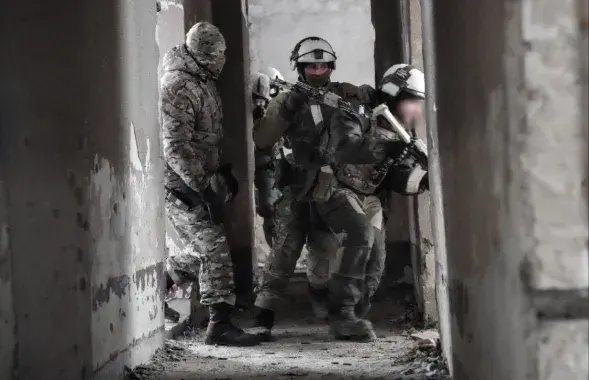Grassroots spearhead lustration of former KGB agents in Belarus
Poland’s ex-president Lech Walesa was a security service agent, codenamed Bolek, Polish President Lech Kachynski said on Wednesday in an interview with the Polish broadcaster Polsat. According to Kachynski, a book authored by two historians from the Institute of National Memory will be released on June 16 to provide factual evidence about Walesa’s six-year-long collaboration with the communist intelligence.
Walesa describes this statement as falsification, which aims to spoil his mood ahead of the Nobel Prize jubilee. He reminded that in late 1980s the Institute of National Memory destroyed 75 volumes of materials associated with his struggle against communism.
This story is spectacular. It is shameful in Poland to be associated with secret services. In Belarus, the president congratulates former KGB agents with “80 years of hard-working service”. It was tough, indeed. Sometimes, one torturer would develop calluses when pulling the trigger 200-250 times per night. Burring all those victims was not an easy job, either. Writer Leanid Marakou, who has researched the history of communist repressions for year, talks about these “heroes of labor” with the European Radio for Belarus.
Marakou: “People are compiling the lists. Work is under way. I think that in the next five years the country will know the names of KGB torturers who executed and tortured so that today’s torturers feel scared”.
ERB: Has at least someone come to you and said that he feels ashamed?
“One man turned up. He was 90 years old. He suggested showing the site where 100 Belarusian culture figures were executed and buried on October 29, 1937. He asked for a lot of money and died shortly after while I was trying to raise funds. This is when we lost our historical chance. But progress can’t be stopped by any regime. Belarus will be free, and we will count how many people were executed in Kurapaty, near Vitsebsk, Homel, Slutsk, Orsha, etc.”
Recently, the so-called grass-root lustration has gained momentum, with people writing books, shooting films about communism crimes and the Belarusian resistance. One can recall Viktar Khrusik who described the burning the village of Drazhna by partisans or Leanid Marakou or historian Siarhei Yorsh.
The authorities tend to patch the cracks in the basement of the communist myth, because it is the basis of the current ideology. But ideology is a dead construct, while human memory is living instrument. People also want to know who tortured and killed their relatives.
Photo: European Parliament

















